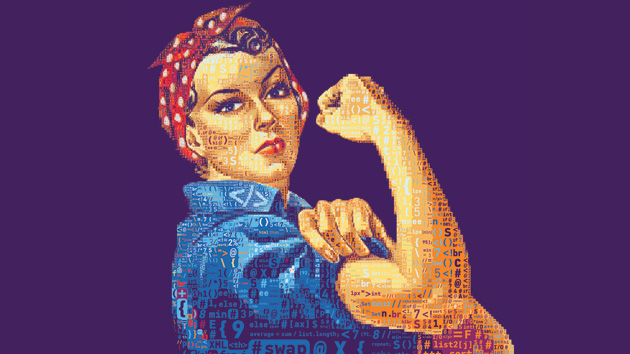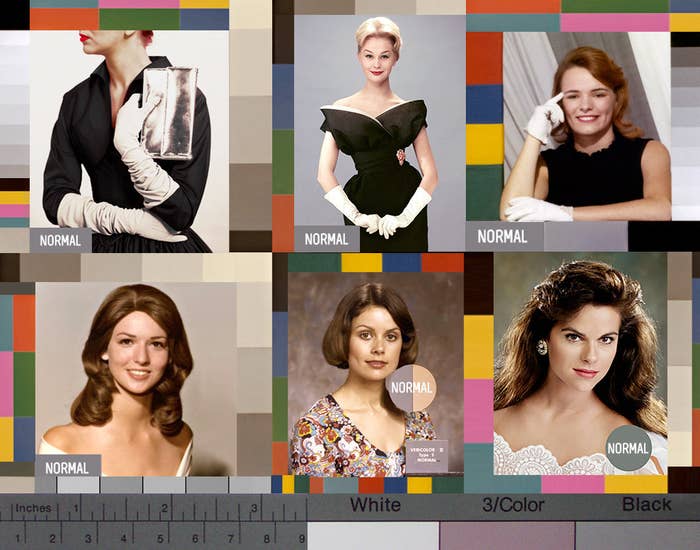On Facebook, it’s a mere dropdown option: Is this update public or not? Then again, «Public is not simply defined. Public is not just what can be viewed by others, but a fragile set of social conventions about what behaviors are acceptable and appropriate.» Anil Dash explains who profits from a binary view on privacy and why its important to defend the grey areas.
From Weekly Filet #171, in August 2014.
🔗
«Because if robots and AI replace people for many of the things we do today, the new fields we create will be built on the huge number of people those robots and AI systems made available.»
From Weekly Filet #168, in July 2014.
🔗
Every single time I’m in a big city, it strikes me how broken city traffic is. This sounds like an interesting project: Helsinki wants to integrate public transport and on demand services in one network that will render car ownership obsolete.
From Weekly Filet #168, in July 2014.
🔗
Fascinating musings on artificial intelligence by Garry Kasparov, the world chess champion during the critical years in which computers challenged, then surpassed, human chess players.
From Weekly Filet #167, in July 2014.
🔗
Facebook’s experiment that had them tinker with the moods of hundreds of thousands of people has provoked a firestorm. A well-balanced assessment of what has happened and what should be done now.
From Weekly Filet #167, in July 2014.
🔗
Imagine, before you continue, for a brief moment that you could read, but not write. What would that mean to you? After all, it’s not that far-fetched. When it comes to computers, most of us know how to use them, but only few know how to tell them to do exactly what we want them to do. We read, but we don’t write. And while not everyone needs to become a programmer, having a basic understanding of «computational thinking» will be key in our technology-driven future. The good news: If you know how to cook, you’ve made your first steps in «computational thinking». For more, read this excellent text on coding as the new literacy.
From Weekly Filet #166, in June 2014.
🔗
You might say I’ve started seeing dystopias everywhere (because of this). Still, this something we should give some thought.
From Weekly Filet #163, in June 2014.
🔗
Nerd stuff. Very interesting nerd stuff.
From Weekly Filet #160, in April 2014.
🔗
An infuriatingly accurate piece on tech’s «bro» problem, illustrating how brilliant women are, over and again, being pushed out of tech.
From Weekly Filet #159, in April 2014.
🔗
The technology we build always reflects (and reinforces) mindsets, often without us knowing or consciously noticing it. Photography provides a striking example: Films used to be optimised for white skin at the expense of darker skin colors. The technical bias was finally addressed, ironically, not because of black people, but because white advertisers needed images of chocolate and wood furniture to look better. Syreeta McFadden’s article is also a personal story: What it means for a child when you don’t recognise yourself on photographs. A great read.
From Weekly Filet #158, in April 2014.
🔗
Make sense of what’s happening, and imagine what could be.
Carefully curated recommendations on what to read, watch and listen to. For nerds and changemakers who love when something makes them go «Huh, I never thought of it this way!».
Undecided? Learn more | Peek inside







